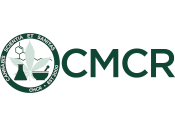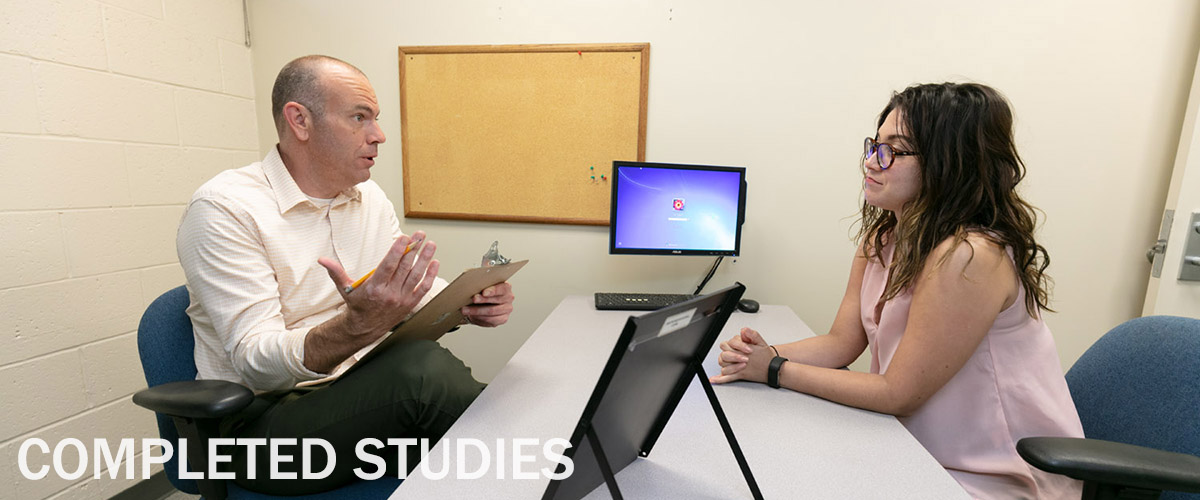Impact of Repeated Cannabis Treatments on Driving Abilities
INVESTIGATOR: Thomas Marcotte, Ph.D.
STUDY LOCATION: University of California, San Diego
PROJECT TITLE: Impact of Repeated Cannabis Treatments on Driving Abilities
PROJECT TYPE: Clinical Study, Sub-Study
STATUS: COMPLETED
RESULTS:
The full results of this study are in preparation. No preliminary results are available at this time.
ABSTRACT:
A significant concern in utilizing cannabis, a known psychoactive drug, in the treatment of medical conditions is the potential for negative cognitive side effects. Driving is a complex activity requiring numerous cognitive abilities, including continuous tracking, sequential movements, judgment, planning, perception, attention and speeded information processing. Previous studies have demonstrated that a single dose of marijuana results in mild driving impairments, the equivalent of a blood alcohol concentration of .03 or greater. The principal aim of the present study is to examine whether routine administration of cannabis in the medical treatment of HIV-related neuropathy and spasticity associated with multiple sclerosis results in significant impairment in driving abilities. In order to achieve this aim, driving simulator assessments will be linked to two studies proposed by UCSD investigators. In Study I (R.J. Ellis, PI), the utility of cannabis as a treatment for neuropathic pain in AIDS patients will be assessed using a double-blind, placebo-controlled cross-over design. In Study II (J. Corey-Bloom, PI), the effectiveness of cannabis in reducing spasticity associated with multiple sclerosis will also be evaluated using cannabis. Subjects in the present study will follow the protocols outlined in the Study I and II submissions. The protocol and budget for each Study are clearly presented in order to facilitate adjustments should one of the proposed studies not be funded. Subjects will be tested on driving simulations that assess standard deviation of lane position and coherence - measures which have been shown to be sensitive to medication effects. Subjects will be tested at (1) baseline, following one month of abstinence from marijuana use, (2) one hour after the final dose in the initial treatment/placebo phase, (3) three hours following the final dose, (4) 18 hours after the final dose; and then a similar testing schedule following the subsequent treatment/placebo arm (assessments 5, 6, and 7). As a result of these studies, we will improve our knowledge regarding the impact of repeated cannabis administration on driving abilities, both acute and following overnight abstinence. These data will thus provide greater insights regarding the real life impact of using "marijuana as medicine."

